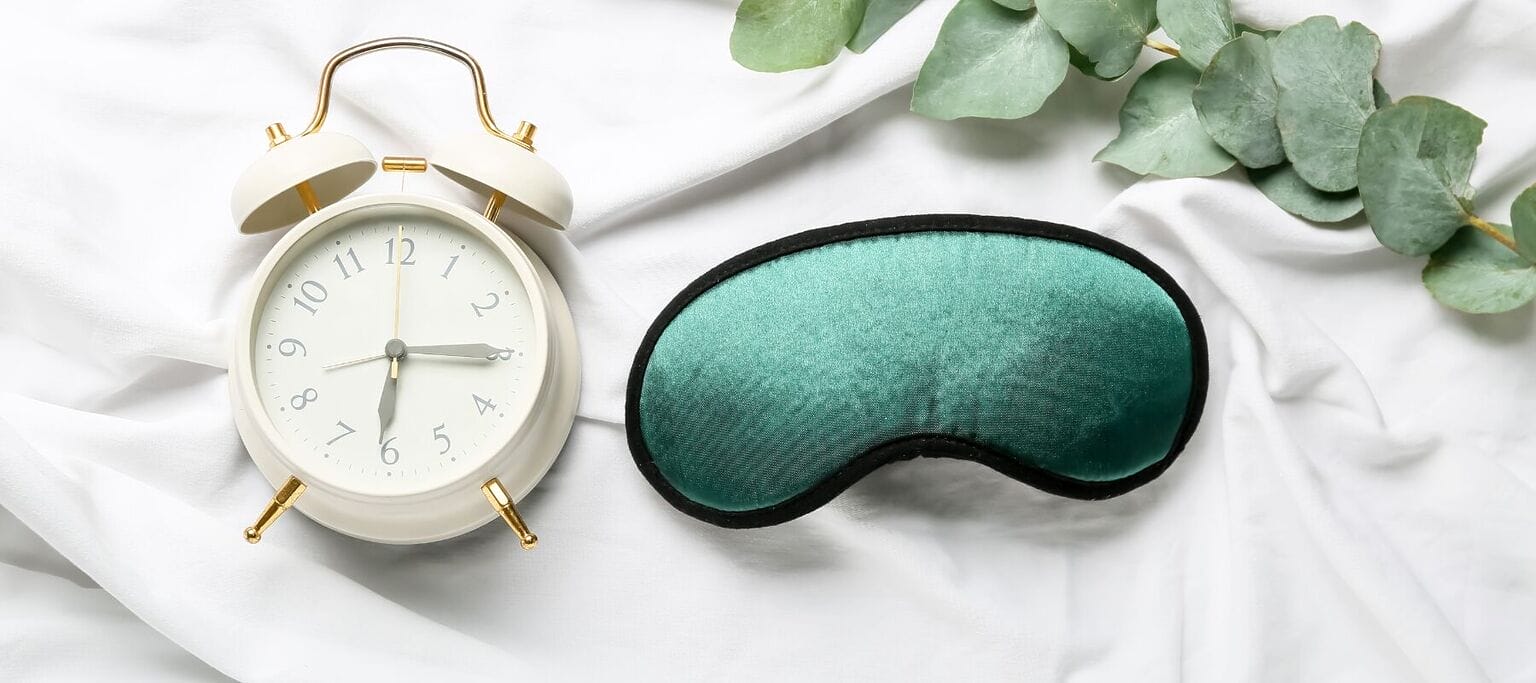On World Sleep Day, we would love to share with you the reasons why sleep is so important for your mental health and well-being.
Sleep is one of the 4 things we need to literally survive, along with oxygen, food and water, so why do we not talk about lack of sleep the way we talk about being hungry or thirsty?
If we are hungry, we eat, if we are thirsty, we drink, we can’t help but breathe, but for some reason, when we are tired, we always have time for one more episode on Netflix.
Sleep is essential for our body to heal and our brain to function, so it’s no wonder that lack of sleep affects us both physically and mentally.
When we sleep well, we can perform efficiently in work, our productivity increases, and our mental health improves.
Scientists have proven that we need between 7 and 9 hours sleep a night to allow our body and mind to recharge and help us to wake up feeling alert and rested.
So, let’s look at what is happening while we sleep, as this may help you understand why sleep is so essential.
There are 2 types of sleep, NREM 1,2 and 3, Non-Rapid Eye Movement (deep, restorative sleep), and REM, Rapid Eye Movement (active dream sleep) and both serve a different purpose.
While we are in NREM sleep our immune system strengthens, cells repair, and the growth hormones are released.
In REM sleep, our brain takes over the hard work and our body moves into a state of paralysis, so much so that only our vital organs are functioning to keep us alive. REM sleep is where our brain is clearing out any waste and removes the toxic byproducts that build throughout the day. REM sleep is extremely important for our memory consolidation, and our ability to regulate our emotions, which now I have said that may make you understand why things feel so much harder the day after a bad night’s sleep.
It is important to know that there is no such thing as ‘sleeping through the night’, our sleep is made up of connecting sleep cycles lasting around 90 minutes to 2 hours, each cycle containing all 4 stages of sleep, but the first half of the night is made up predominantly of the NREM sleep, and the second half the REM sleep.
Around the same point each night, our melatonin (sleepy hormone) peaks, then starts to diminish, and our cortisol levels (wakeful hormone) start to rise.
The later you go to bed, the less NREM sleep you get, and you run the risk of having a more disturbed nights sleep triggering early rising and night wakes.
The later sleep also impacts the way the hormones that control appetite modulation work, meaning less leptin production (appetite suppressant) and with an increase in ghrelin (appetite stimulant) triggering us to overeat, and not always the right foods. Our brain needs sugar to function, so when we are tired, we are craving sugar, so often head to the chocolate drawer.
This may start to explain why poor sleep is linked with obesity and difficulty losing weight. The more tired you become, the less likely you are to take exercise which produces hormones that make us feel good, which in turn leads to poor health and weight gain.
After a bad night or 2’s sleep, you may find that you have trouble thinking and concentrating, and work that normally takes 1 hour is taking much longer and is harder to complete. You may experience changes in mood and find yourself less tolerant of other people or find sounds more triggering. Your risk of having an accident increases, and driving tired has been likened to be as dangerous as driving under the influence of alcohol. Your immune system becomes weaker, and you are at risk of picking up more viral illnesses, along with increased blood pressure, risk of diabetes and heart disease.
If lack of sleep continues, you may start to hallucinate or become paranoid, anxiety may increase which also links to higher rates of depression, impulsive behaviours, and sadly, an increased risk of suicidal thoughts.
So, while not having sleep isn’t a direct killer, it is a contributing factor of many health conditions that can end life prematurely.
Let’s have a look at some of things we can do to improve sleep and have more energy:
- Eat a well-balanced diet and drink more water.
- Lose weight if needed as carrying excess weight is tiring.
- Lower alcohol intake, as alcohol changes your sleep architecture meaning you can sleep worse after drinking alcohol, even if you sleep longer hours.
- Limit your caffeine intake after 2pm.
- Reduce stress, this could be through exercise, yoga, meditation, talking therapy and improving your mindset, which I know is easier said than done, but you only be the best version of yourself when your care for yourself.


